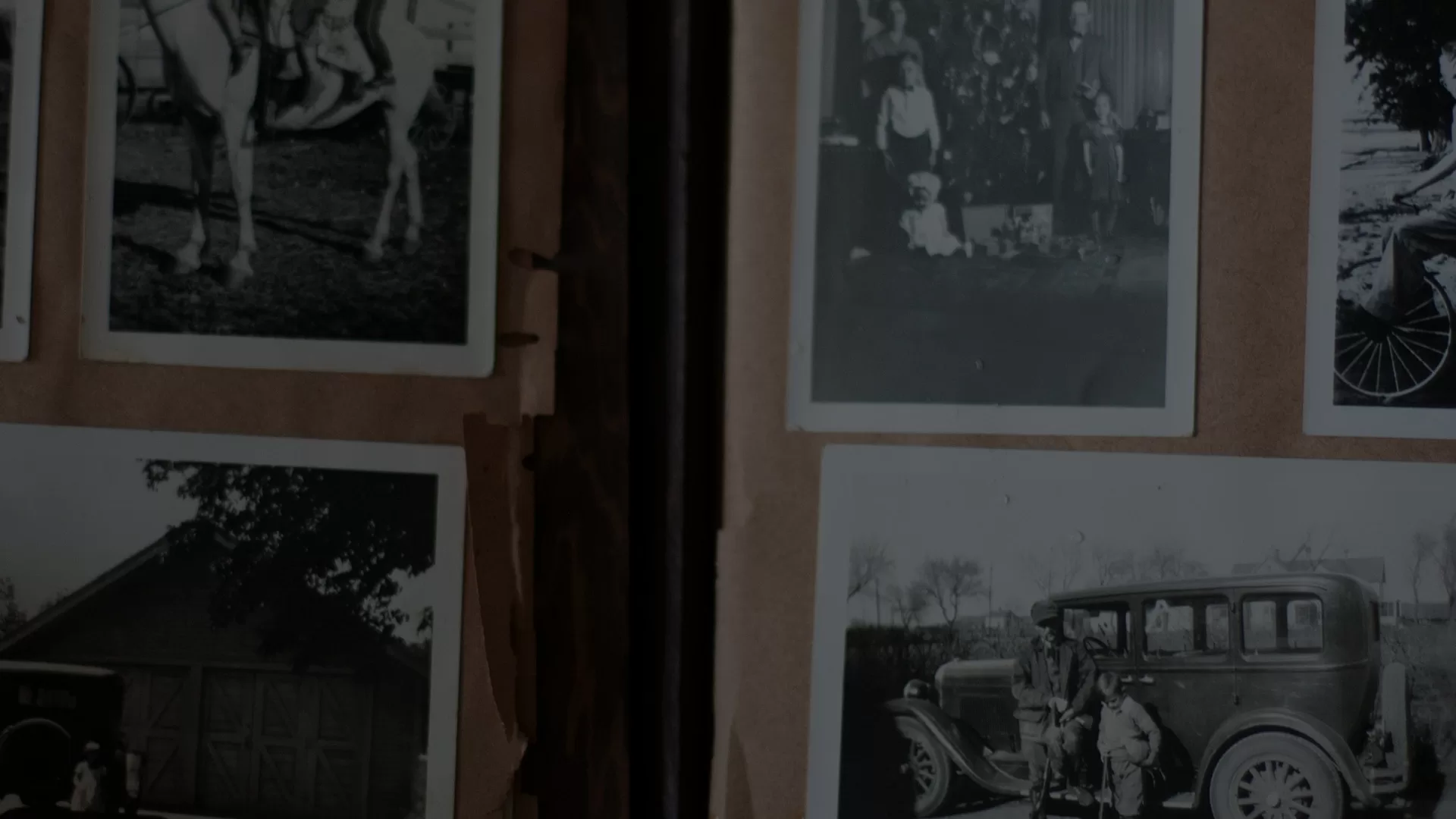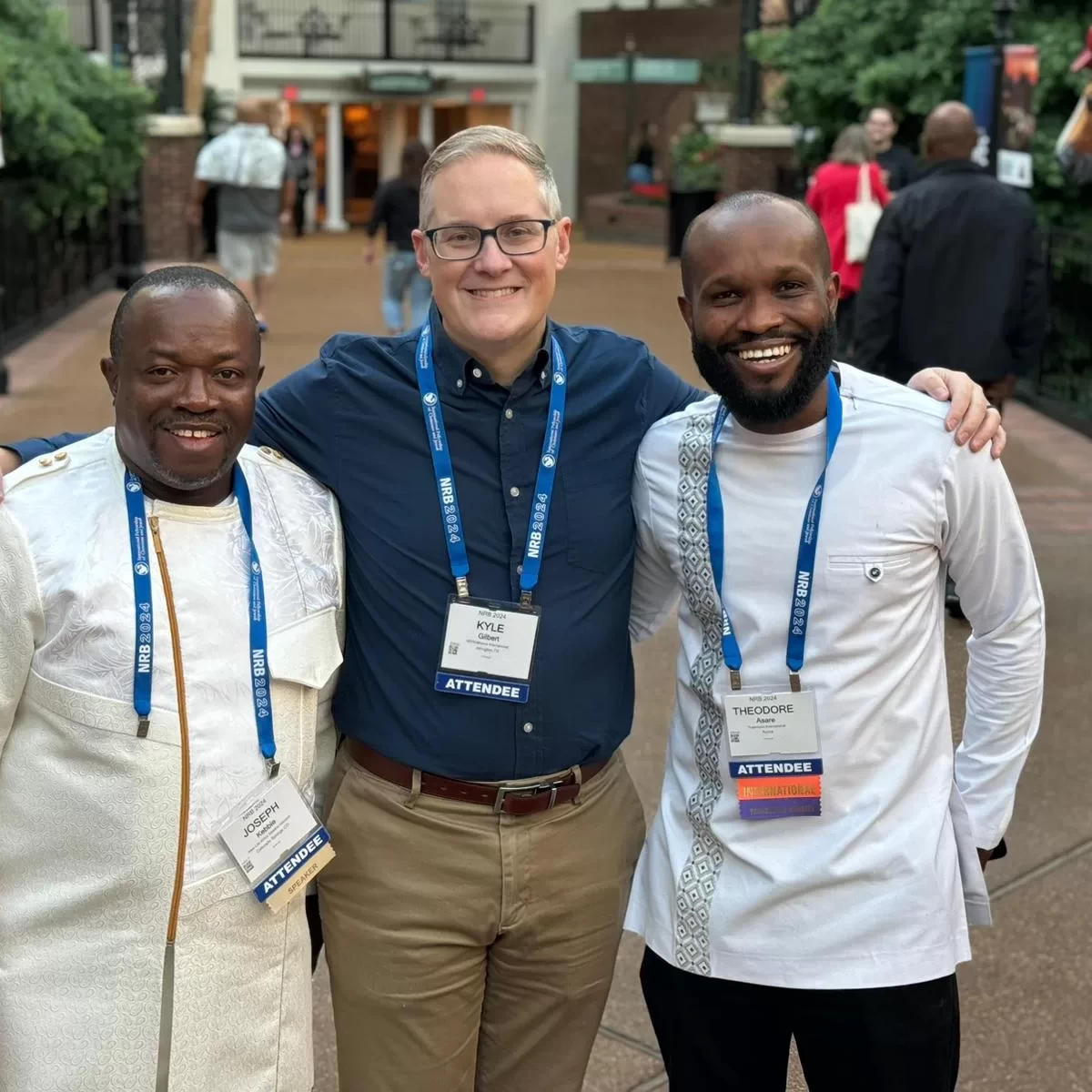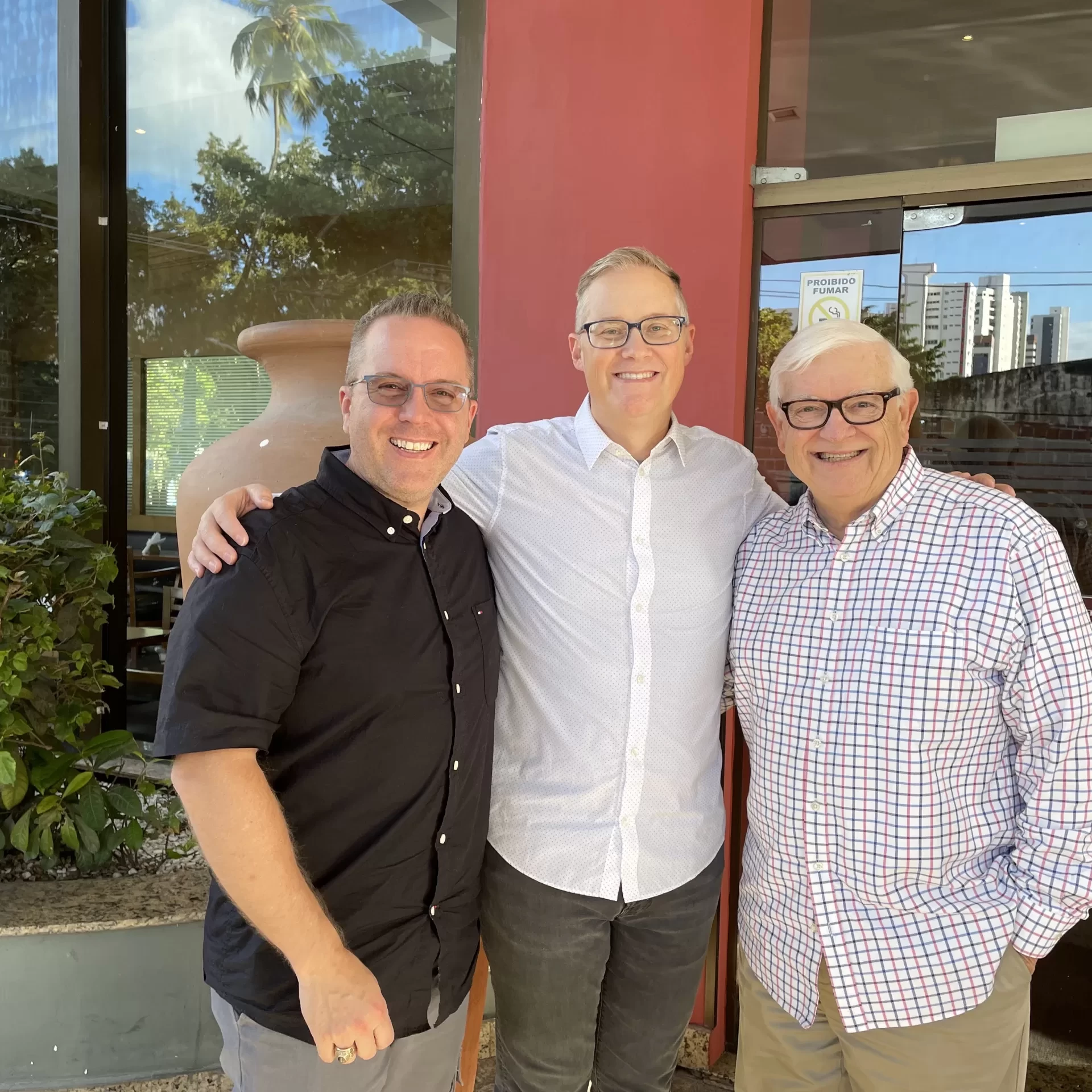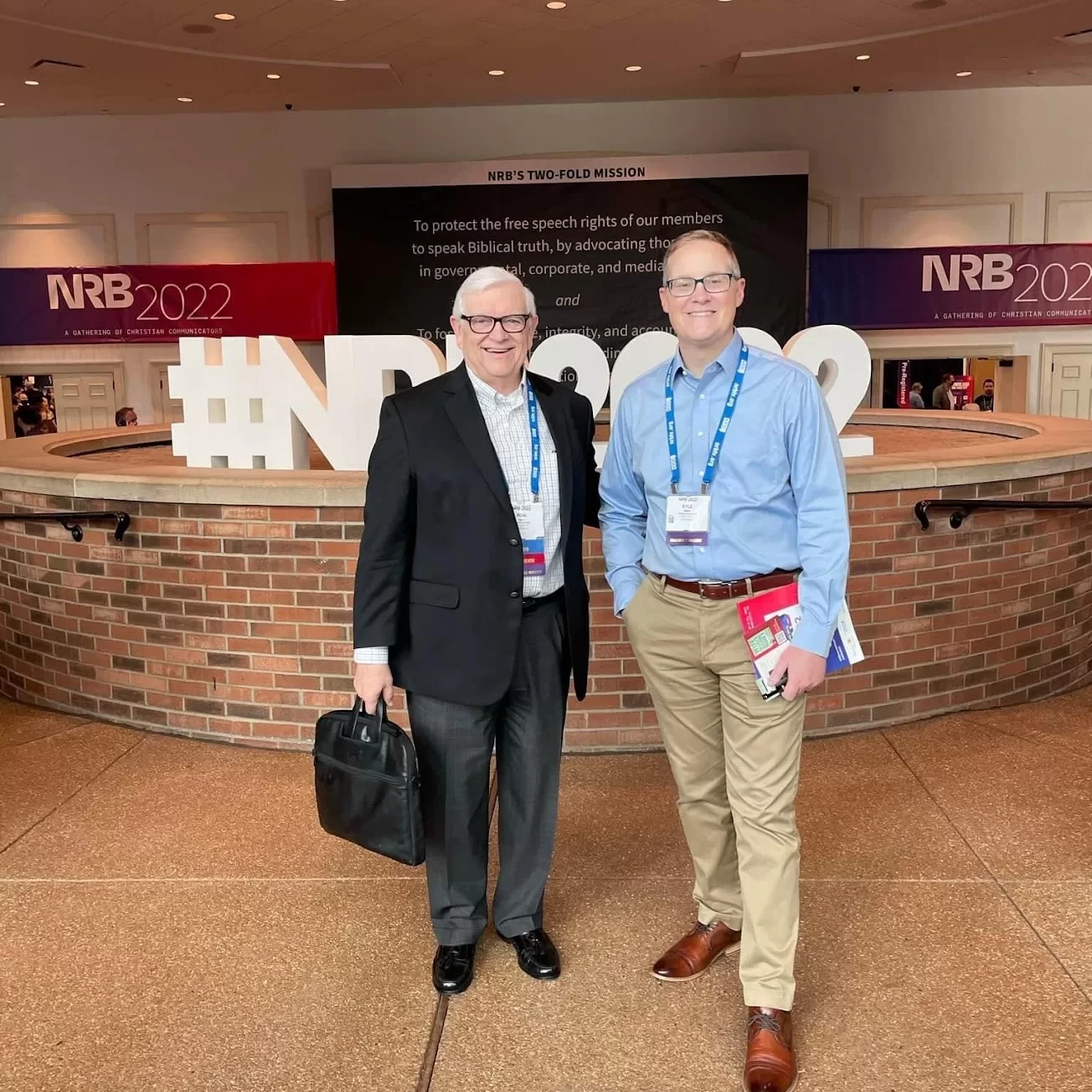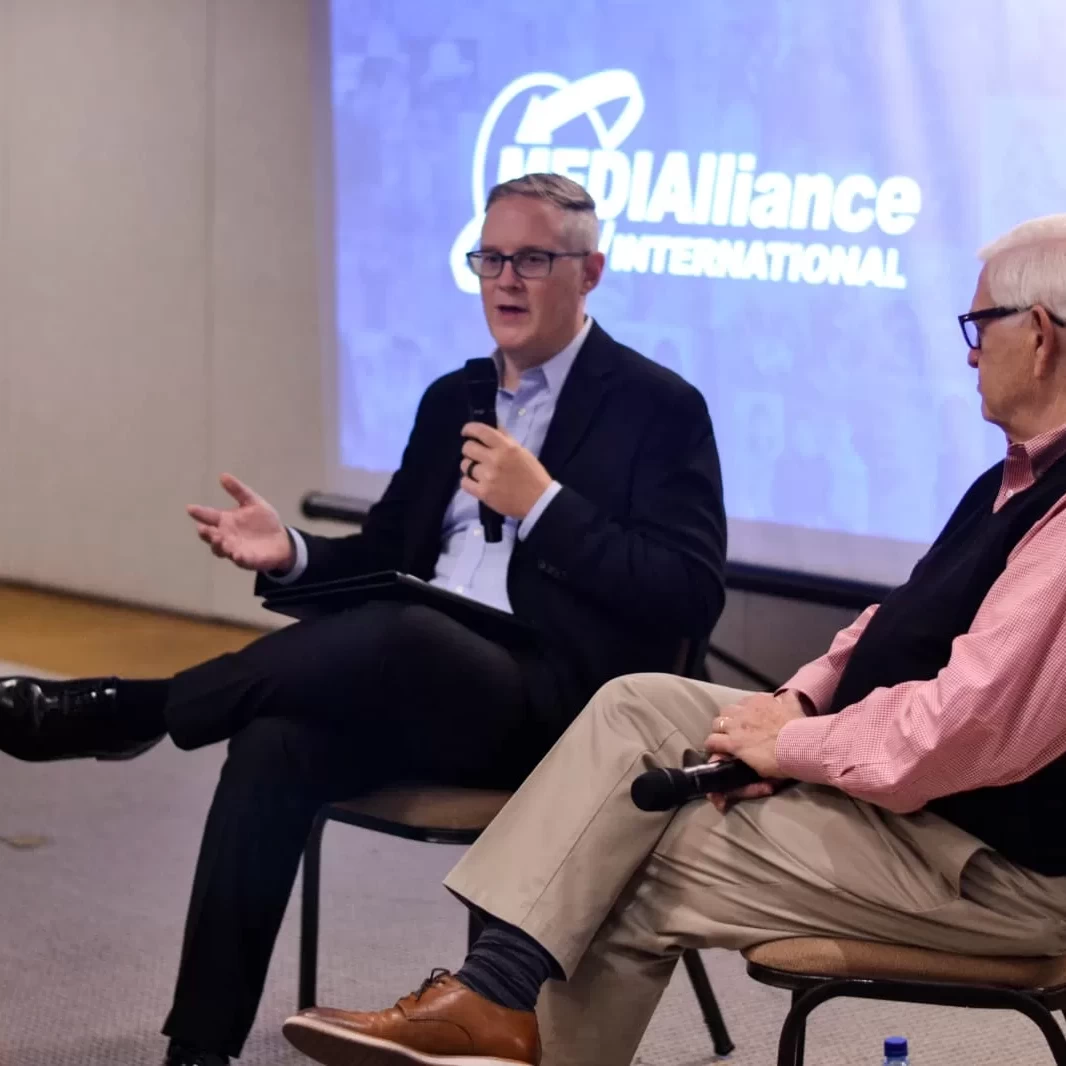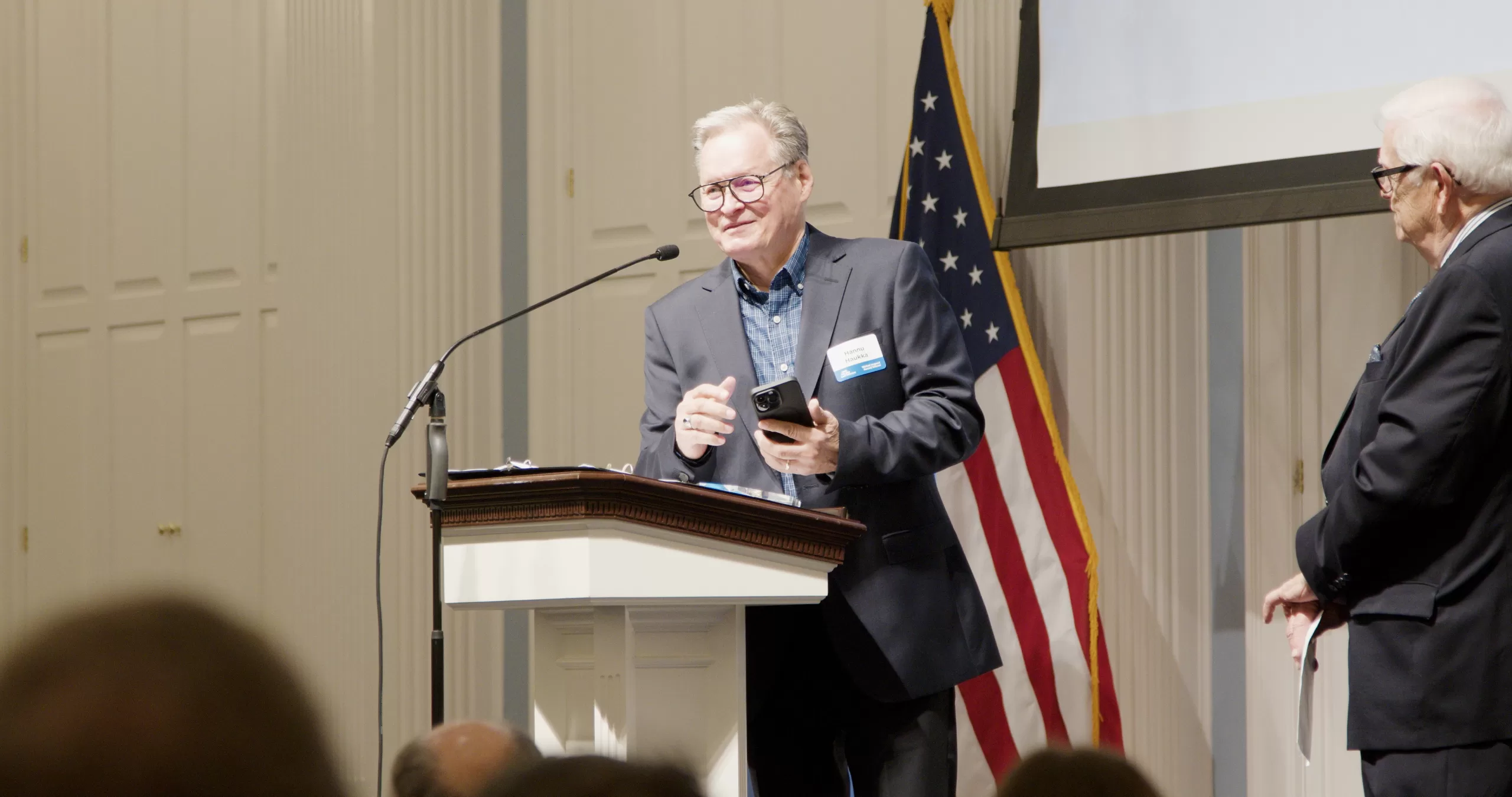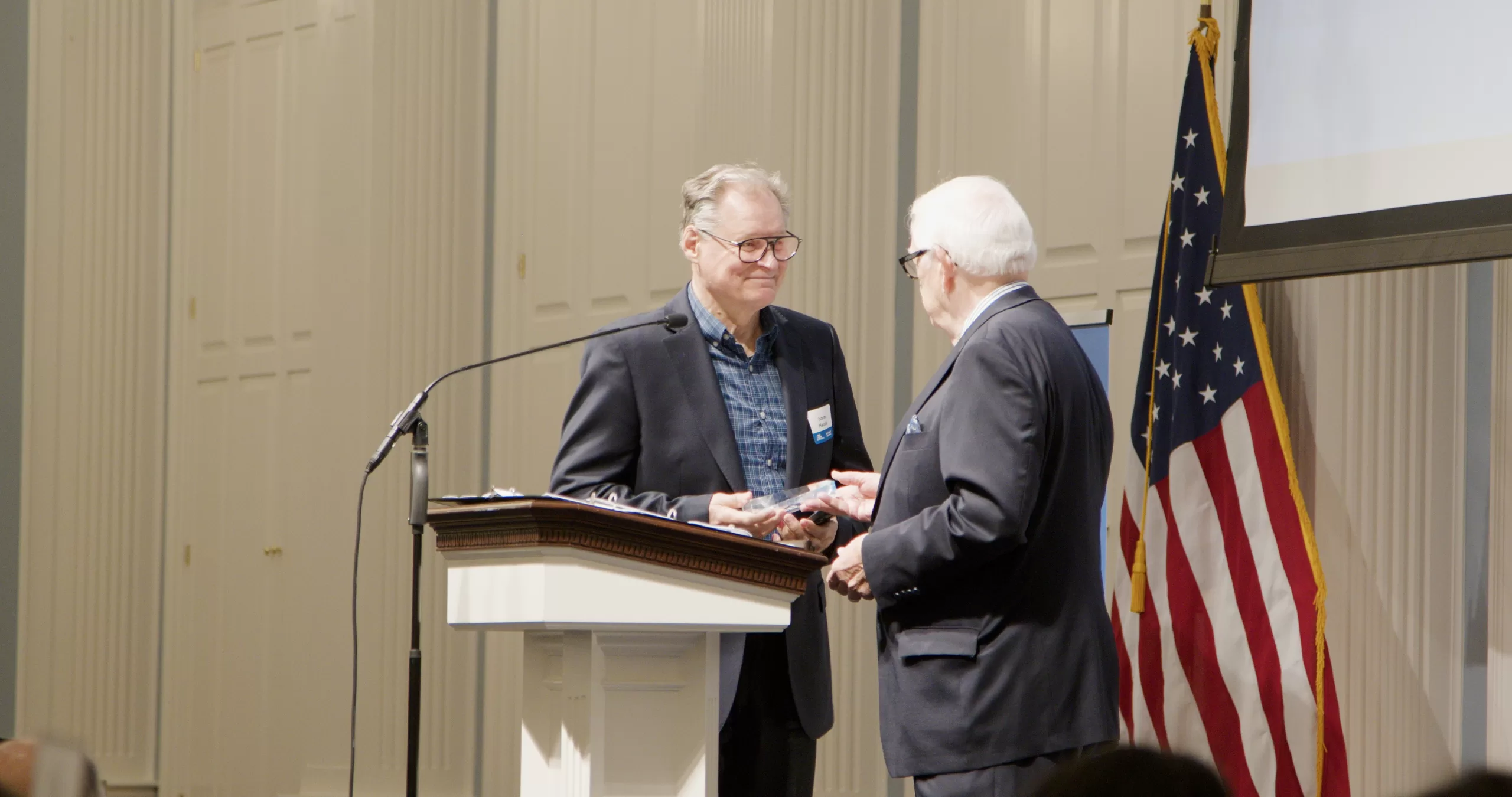A sweet picture.
You probably have one of those Christmas cards with the sweet scene of Mary on a donkey and Joseph by her side, with the Christmas star shining down brightly as they walk to Bethlehem. It’s a pretty scene.
My mind, though, quickly returns to the reality of those days. An oppressive government forced people to go to their hometowns to be counted so they could be taxed. Mary and Joseph had to trek the ninety miles from Nazareth to the city of David, Bethlehem. Mary was pregnant and rode that donkey for almost a week.
Now, I’ve ridden a donkey a time or two. It was not a pleasant experience. I can’t imagine what Mary was going through on that journey.
I wonder…did Joseph ponder about all that was happening in his life? His betrothed carrying a child that wasn’t his. Now, having to travel with her all that way. I wonder…did Mary think of the hardship she was enduring and contrast it with her beautiful praise a few months before?
Oh, how my soul praises the Lord.
How my spirit rejoices in God my Savior!
For he took notice of his lowly servant girl,
and from now on all generations will call me blessed.
Luke 1:46-48 NLT
Then, finally arriving in Bethlehem, to find all the rooms were taken, and the most important birth in all of history relegated to a smelly animal cave as the birthplace of God’s son. It was probably not what Joseph and Mary had expected.
It is not unusual for our high expectations to be dramatically changed and for roadblocks and hardships to replace our vision of how things should be. Does that mean we are off track spiritually? Does it mean we are out of God’s will?
Joni Eareckson Tada, whose life took a dramatic turn when at age seventeen she broke her neck in a diving accident, certainly faced overwhelming challenges. She has lived for almost sixty years as a quadriplegic. Out of God’s will?
Joni points to Mary and Joseph as illustrations that hardships don’t necessarily mean we have strayed from God’s will for our lives. These two were absolutely in God’s will, part of the fulfillment of prophecy for the birth of our Savior, Jesus. Yet they faced challenge after challenge.
The Lord Himself explained such hardships in the Christian life.
Here on earth you will have many trials and sorrows. But take heart, because I have overcome the world.
John 16:33 NLT
These holiday times can be especially difficult. Our expectations for family gatherings may not go as we had hoped, and we may experience multiple disappointments. Hardships and challenges can take many forms and be catastrophic. Jesus, whose life was filled with trouble from the earliest days, tells us to take heart and be encouraged. He has overcome the world.
And that is, indeed, Good News.
From all of us at MEDIA Alliance International, Merry Christmas. May the Lord Jesus bring you hope and joy as you put your trust in Him.
For Jesus is…God’s best,
The past is the future...maybe.
I got to thinking about my heritage the other day. Like we often do, my brother and sister and our spouses gathered together for fellowship, food, and fun stories of our past…our heritage. We call ourselves the Super Six, primarily because of that heritage. Part of the evidence is faithfulness in marriage. We pointed out to our waiter when we dined together recently that among our three couples are 167 years of faithful marriage to our original spouses. Most are amazed. There aren’t too many examples like that. That was part of what we learned from our parents and grandparents. Our folks and ancestors beyond them left quite a legacy of faith and faithfulness. Not perfect…but they sought to please God.
What is a heritage? Someone explained it this way:
Heritage is a person’s unique, inherited sense of family identity: the values, traditions, culture, and artifacts handed down by previous generations.
We are a product of those who have come before us. I see that in our family. My parents were both musical. And we kids were given lots of opportunities to develop in that area of life. Mom and Dad both loved the Lord and were faithful to serve Him through the church. All three of us children have been active in church ministry in various ways. It’s part of our heritage.
Dr. Henry Blackaby said a godly heritage is a gift from the Lord.
“As Christians, we ought never to overlook our heritage. An awareness of our Christian heritage helps us to understand our identity and gives us a sense of where God is leading us.”
It doesn’t take much reading of the Bible to see that not every saint in God’s service had a sterling heritage. I’m sure if I dug back into our ancestors, I would find some bad folks. But somewhere along the way, there was a change. Someone decided to follow the Lord’s ways rather than simply repeat their parents’ lifestyles or values. Someone changed the heritage of those who would follow after them by going God’s way rather than man’s.
Blackaby talked about the value of that heritage…and the Lord’s purpose for us because of His gift.
“Do you see the full picture of God’s redemptive work? God’s plan involves you, just as it has included each Christian throughout the centuries. God wants you to participate in His continuing work to redeem a lost world. Your obedience today will provide a legacy of faithfulness to the generations that follow.”
God’s Word talks of the importance of recognizing our foundation in life. Isaiah passed that godly wisdom on to the people of his generation.
Listen to me, all who hope for deliverance—
all who seek the Lord!
Consider the rock from which you were cut,
the quarry from which you were mined.
Isaiah 51:1 NLT
So… what if you don’t have a godly heritage? What if those who came before you in your family did not live lives pleasing to the Lord? You can be the one who changes that for all who follow…your children and others who see your life. You can redeem the past and present a God-honoring heritage for those who follow you.
I’m reminded of the words of that Steve Green song.
“Let all who come behind us find us faithful.”
God’s best,
There are some in every group.
If you have been in leadership for very long, you have come across such people. In West Texas, they refer to them as. “aginners.” They are the ones who are seemingly against almost everything. They may do what needs to be done, but they don’t seem to have much joy. If you are not careful, people like this can derail the job if we as leaders don’t handle them with love and understanding. By the way, people like this are nothing new. You find folks in the Bible who are part of this group.
As I read through the Bible each year, I try to read all the verses, including the ones of genealogy and the lists of names of people. While it sometimes feels tedious, I am often rewarded with interesting passages.
Recently, I have been reading Nehemiah and his account of rebuilding the wall of Jerusalem. There is so much to learn about leadership from this Old Testament book. The people in Jerusalem worked on the wall, often right in front of their homes and often in groups. As Nehemiah was listing the workers, he said this about one group:
Next were the people from Tekoa, though their leaders refused to work with the construction supervisors.
Nehemiah 3:5 NLT
I don’t know what the problem was with the leaders from Tekoa, but there was something between them and those Nehemiah had chosen to be supervisors. They just didn’t see eye to eye.
Have you run across folks like that in your organization? John Maxwell has much to say about leading difficult people. Here are some of his suggestions:
- Find the one percent you agree on and give it one hundred percent of your effort.
- Give others the benefit of the doubt.
- Learn to be flexible.
- Check your own attitudes.
- Don’t overreact.
- Welcome the conflict.
Despite our best efforts, we will all have conflict with other people, because they’re not just like us. They have different personalities, beliefs, and desires, so there will be disagreements and misunderstandings.
In the end, these people from Tekoa still did the work of rebuilding the wall in Jerusalem. Later in the same chapter, we read that these folks still helped accomplish the critical task before them.
Then came the people of Tekoa, who repaired another section across from the great projecting tower and over to the wall of Ophel.
Nehemiah 3:27 NLT
Yes, we may encounter folks who grumble and complain. But when the cause is right, and the overall vision and importance are shared, even these people will do the right thing.
Challenging? Yes. But God’s eternal work is worth going the extra mile as a leader and keeping your people on task for the glory of the Lord and for accomplishing His purpose.
God’s best,
A startling truth...
Some truths are easy to digest. Chocolate ice cream is good. Majestic, snow-capped mountains are beautiful. The giggle of a little child is delightful. But some truths are harder to process. Like this truth from leadership guru Fred Smith:
“Aloneness is chosen; loneliness is imposed.”
When I read that recently, I had to take time to think it through. I also had to read further to see how Fred Smith arrived at that conclusion. Smith was moving into an executive role at a major shoe company when his boss and mentor, Maxie Jarman, confronted him.
“Fred, how far do you want to go?” “Mr. Jarman, I want to go as far as I can.”
He responded, “Then learn to live with loneliness.”
The startling truth is that those who lead find they cannot relate to their staff as they might with close friends. Smith says:
“Aloneness is chosen; loneliness is imposed. It can be imposed by responsibility…for example, an executive who is highly functioning can never really be ‘one of the boys.’”
Smith goes on to relate a story of an executive who shared everything with many people on his staff: his challenges, his vision for the company’s future, and his concerns. What happened was different people formed different opinions and set their minds in one direction or another. Then, when the executive made a decision, a faction was immediately against it, bringing on unnecessary strife in the organization. Smith called it abdicating his leadership to create a comfortable environment.
Is it OK to share things with some of the staff? Smith says that for a leader, “Talking over his potential decisions is valuable if and only if he chooses the right person and assesses his motivation.”
Do you remember the story of King Rehoboam found in 1 Kings 12? Solomon’s son was faced with a decision regarding the treatment of some of the Israelites. Rehoboam sought counsel from his father’s older advisors, who encouraged him to treat the Israelites kindly. But Rehoboam went to his own young advisors, who said he needed to be even harsher with them. The counsel he received from these men brought strife and grief. Their advice was born out of their own personal agenda.
When all Israel realized that the king had refused to listen to them, they responded, “Down with the dynasty of David! We have no interest in the son of Jesse. Back to your homes, O Israel! Look out for your own house, O David!”
1 Kings 12:16 NLT
A wedge was driven between a people that was unnecessary.
You, as a leader, may need to set yourself apart from others on your team. Think of the times Jesus went off by himself to pray. He chose to be alone as he sought His Father’s direction for His purpose and plan.
Choosing aloneness.
As Fred Smith says,” The loneliness of leadership must be accepted as part of the price.” Are you willing to pay that price to lead effectively?
God’s best,
"Your reputation proceeds you."
I didn’t hear those exact words, but the sentiment was the same. I took it as a compliment, but in reality, it could go either way.
It is said your reputation is what others think of you. Your character is who you are when no one is around. Character should take higher importance for all of us.
There was a book written many years ago called, Dress for Success. The author gave ideas and suggestions for how to dress to be considered a leader by others. Of course, the “look” had to be backed up by the substance, the ability to do the job. The look may have built a reputation of sorts, but something inside the person needed to back it up.
You may have experienced what I have. You buy a name-brand piece of clothing, famous for its style and quality, only to find the company has lowered its standards to make more sales. Disappointing at best.
Reputations are built over time. And those reputations, driven by a lack of character, can lead to challenges in our lives. This is especially true if we lead Christian ministries or organizations.
Jehoram was appointed king after the death of his father, Jehoshaphat. Jehoram’s father and grandfather built reputations as good kings. Jehoram could have followed the legacy left by those who led before him. But he didn’t. And it didn’t take long for all around him to see Jehoram for who he really was. Chronicles tells the brief and sad story:
Jehoram was thirty-two years old when he became king, and he reigned in Jerusalem eight years. No one was sorry when he died. They buried him in the City of David, but not in the royal cemetery.
2 Chronicles 21:20 NLT
What a legacy! No one was sorry when he died.
What is your reputation? What do others think of you and your leadership? Is the character of your life directing your actions, or are you driven by something else?
The Lord reminds us through the apostle Luke that it can all come tumbling down, as it did for Jehoram.
For all that is secret will eventually be brought into the open, and everything that is concealed will be brought to light and made known to all.
Luke 8:17 NLT
Be careful with your good reputation. It is fragile.
God’s best,
I’m no Joseph...
In the Old Testament, Joseph became famous for being able to interpret dreams. I’m no Joseph. But I have had dreams. And last week I had three strange dreams. They were each different. Later, I realized they had a common theme. Failure. To be more specific, MY failure.
Failure to pick up some people in time. Failure to start an event because of distractions. Failure, failure, failure. I’m no Joseph, but I began to ponder the meaning, if any, of such dreams.
By the way, I’m not big into dreams as a way of guiding my life or for teaching me something on my spiritual journey. It might just have been a spicy enchilada that brought on that dream! But I also don’t want to miss something that could help me be the person, the leader, that the Lord wants me to be.
That led me to think of what constitutes success. All of us fail, mainly in things that are of little or no importance. We fail to call someone when we said we would. We miss something in a letter or email, and we don’t respond correctly…or at all. These are minor and highly correctable.
To think on the positive side, how do we succeed in the things that really matter? We usually believe that success is being able to accomplish things. And if we can’t do those things, we have failed. Henry Blackaby helps us adjust our thinking.
“Will God ever ask you to do something you are not able to do? The answer is yes—all the time! It must be that way, for God’s glory and kingdom. If we function according to our ability alone, we get the glory; if we function according to the power of the Spirit within us, God gets the glory. He wants to reveal Himself to a watching world.”
It wasn’t long before my morning Bible reading took me to the book of Acts. In this passage Paul seems to be weighing the value of accomplishments and yet the uncertainty of what the future might bring. I think we all live with these kinds of thoughts. Then Paul brought it down to the essence of success versus failure with these words:
But my life is worth nothing to me unless I use it for finishing the work assigned me by the Lord Jesus—the work of telling others the Good News about the wonderful grace of God.
Acts 20:24 NLT
All of us can fail. All of us will fail. But our Lord is ready to lift our heavy load and put us back on track to serving Him with all our heart. The Psalmist gives these encouraging words:
The Lord helps the fallen
and lifts those bent beneath their loads.
Psalm 145:14 NLT
Someone has said failure is not fatal. Better yet, God’s grace and His hand of mercy are everlasting. You don’t need to dream of success. You can achieve God’s success by your obedience to His way and His will…today.
God’s best,
MEDIA Alliance International Announces COO
Press Release
For Release: Tuesday, November 12, 2024
(Arlington, Texas, November 12, 2024)
Kyle Gilbert has been named Chief Operating Officer for MEDIA Alliance International. Kyle has served MEDIA Alliance as the Vice President and Senior Vice President for Communications over his four years with the ministry. He has developed an extensive and influential presence for MEDIA Alliance International, using all forms of communication. His decades of experience in church media have been enhanced by his growing work in video and broadcast communication.
Dr. Ron Harris, the president and founder of MEDIA Alliance International, remarked, “This ministry is better because of the heart and expertise of Kyle Gilbert.” Harris added, “It has been a joy these past four years to watch Kyle develop professionally and personally. His relationship with our international media leaders in over 45 countries continues to grow.”
Kyle Gilbert’s role as COO will enhance the overall work of MEDIA Alliance as God opens more doors to strengthen Christian media leaders and their ministries worldwide, extending His Light into the darkness.
Gilbert is a graduate of Texas Tech University and Southwestern Baptist Theological Seminary. He and his wife, Keri, have four children.
MEDIA Alliance International was founded in 2013 to equip leaders, leverage media globally for the Gospel, and see lives changed for Christ.
For information, contact
Adele Vermillion, Administrative Assistant
MEDIA Alliance International
adele@mediaalliance.net
817-330-4105

2024 Global Light Award Recipient
Press Release
For Release: Monday, November 11, 2024
(Arlington, Texas, November 11, 2024)
MEDIA Alliance names Dr. Hannau Haukka and the Great Commission Media Ministry as the 2024 recipient of their Global Light Award. For over 44 years, Hannu and his wife Laura have ministered to millions throughout the former Soviet Union. In the last decades, they have used a strategy of media saturation, Mega City Campaigns, to introduce millions to the hope found in Christ in over 100 major cities of the world.
Dr. Haukka is a member of the National Religious Broadcasters, having served on the Board of Directors and the NRB Executive Committee.
The light of Jesus Christ shines brightly in the hearts of untold millions living in spiritual darkness due to Dr. Hannu Haukka and his GCMM team. The Global light Award was presented at a special dinner as part of the MEDIA Alliance Leadership Summit. Twenty-five key Christian leaders from fourteen countries spent a week in Dallas, Texas in seminars on leadership, media, and spiritual growth.
MEDIA Alliance is a partnership with Christian media leaders in over 45 countries around the globe. Founded in 2013 by Dr. Ron Harris, the organization has provided insights and encouragement to Christian media leaders worldwide.
For information, contact
Adele Vermillion, Administrative Assistant
MEDIA Alliance International
adele@mediaalliance.net
817-330-4105
If There Be Any Excellence...
Excellence is a difficult thing to define. Even the dictionary struggles. Webster’s tries to nail down the meaning of excellence this way: “…the quality of being excellent.” That doesn’t help a lot. Yet most of us know what excellence is when we see it.
I have led conference sessions in many places around the world. One of the key topics I speak on is excellence. A well-known American football coach, Vince Lombardi, expressed great wisdom with his thoughts on the subject.
“Perfection is not attainable. But if we chase perfection, we can catch excellence.”
As leaders in ministries and Christian organizations, it often falls to us to push the team to do their best to achieve the most. I often think of the title of Oswald Chambers’s book of devotionals: My Utmost for His Highest. What a great phrase to capture what we should be about in our ministry, our work, our families, and our lives.
Here are four keys to excellence:
- Consistency – Aristotle, the Greek philosopher, said, “Excellence is not an act, it’s a habit.” Strive consistently for excellence and soon you will be developing a habit of great accomplishments.
- Improvement—We need a heart to constantly get better. A successful college baseball coach asks his players to get one percent better every day. That’s a good start toward excellence.
- Creativity – Our Lord is a creative God, and we are made in His likeness. We have creativity within us. No doubt, it is seen better in some than others, but we all have the ability to break new ground and find innovative ways to solve problems.
Going the extra mile – Someone has said that responsible people do what is expected of them. Excellent people routinely do more than asked.
Ryan Denison of the Denison Forum wrote on the topic of excellence.
“There is something about the pursuit of excellence that is easy for people to notice and appreciate, regardless of the context in which it occurs. Perhaps it is easier to recognize when it comes to music, athletics, or other more public displays, but the principle applies to our work, our relationships, and our personal pursuits as well.”
Denison then examines Daniel’s life in the Old Testament as an example. He lived a life of excellence that was quickly noted by Nebuchadnezzar.
The Apostle Paul reminded the believers in Colossae that our best efforts…our excellence… are found in service to our Savior.
Work willingly at whatever you do, as though you were working for the Lord rather than for people.
Colossians 3:23 NLT
Along with the obvious reason for pursuing excellence in our Christian life, there are other benefits. Again, the great football coach Vince Lombardi made a profound statement worth pondering and retaining.
“The quality of a person’s life is in direct proportion to their commitment to excellence, regardless of their chosen field of endeavor.”
God is honored when we serve Him with excellence. Other lives are impacted by the effort we exhibit toward excellence in ministry. And the quality of our own lives is enhanced by our commitment to excellence.
It sounds like we all gain from a life of excellence. And the Lord is honored. Oswald Chambers sums it up this way:
“Worship is giving God the best He has given to you. Be careful what you do with your best.”
God’s best,
The definite answer...is MAYBE!
Time killers. All of us can look back on days when things just didn’t get done. And if we look close enough, we can see times we failed to make a decision, and soon other things ground to a halt.
Leadership expert Fred Smith says there are three key things he has observed that waste time and slow down our ability to make a decision.
- Procrastination – Smith cleverly wrote, “If I ever get around to it, I am going to run for President of the National Procrastination Society. The problem is I just haven’t gotten around to it.”
Sometimes, we don’t make the decisions out of fear of making the wrong one. We over-analyze. Or we wait until we have all the information. Sure, we need to do our due diligence on key issues. But if we aren’t careful, we will be shuffling papers and gathering information and still put off the decision. In Texas, we often say we are, “fixin’” to do something. We are thinking about it. We are planning for it. But we never get around to doing “it.” Fred Smith says, “Exhaustion without results is a waste of time and energy.”
- Rationalization – It is better to own your mistakes than to try to explain them away. We sometimes spend more time explaining why something went wrong than we do in moving to the right decision.
- Indecision – This area not only slows down progress but also affects the rest of your team. John Maxwell says, “When the leader lacks confidence, the followers lack commitment.” It was Joshua who urged the Israelites to make a decision, not to waver.
…choose today whom you will serve. Would you prefer the gods your ancestors served beyond the Euphrates? Or will it be the gods of the Amorites in whose land you now live? But as for me and my family, we will serve the Lord.
Joshua 24:15 NLT
Decide to decide. Don’t let indecision, rationalization, or procrastination sidetrack you as you lead others. And don’t let the definite answer be – MAYBE.
God’s best,





